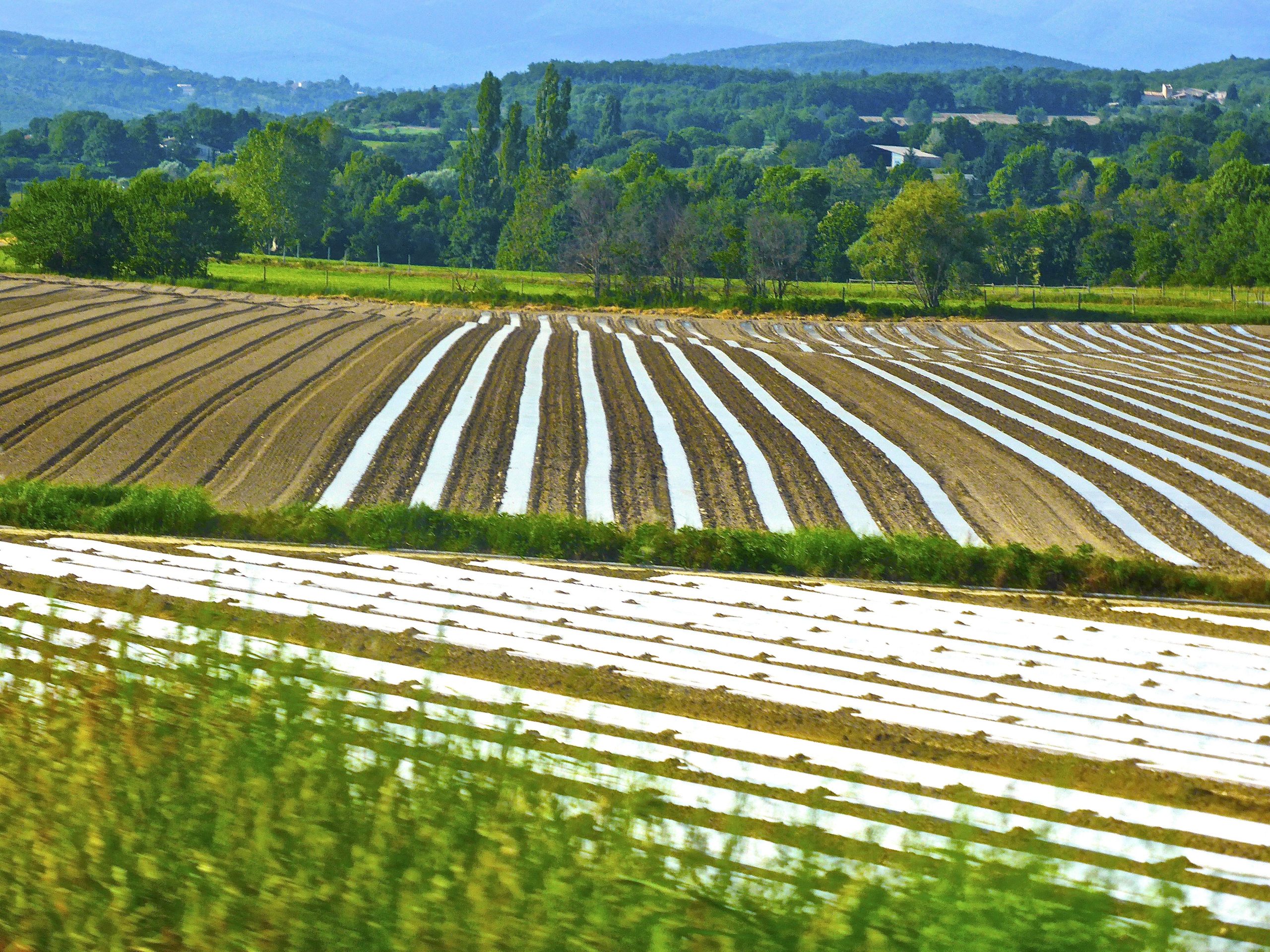 The following case revolves around the intersection of farming and infrastructure development, and the legal implications when construction activities impact agricultural land.
The following case revolves around the intersection of farming and infrastructure development, and the legal implications when construction activities impact agricultural land.
Case Background
Lanie Farms, a sugarcane and soybean farming operation, sued CLECO Power and its contractor, Highlines, for damages caused during the construction of new power lines across the farmland. Lanie Farms claimed that the construction activities damaged their crops and required costly remediation efforts. The trial court ruled in favor of Lanie Farms, awarding them $38,000 in damages. However, Lanie Farms appealed, arguing the award was insufficient. CLECO and Highlines also appealed, claiming the court should have dismissed the case.
Legal Issues
The case raised several key legal issues:
- Measure of Damages: How should the damages to the crops be calculated – based on the gross value of the lost crops or the net value after deducting expenses?
- Involuntary Dismissal: Did Lanie Farms present sufficient evidence to support their claims and avoid dismissal of their case?
- Contractual Obligations: Did the servitude agreement between CLECO and the landowners create an obligation for CLECO to pay for damages to Lanie Farms’ crops?
The Court’s Analysis
The appeals court reviewed the evidence and addressed each of these issues:
- Damages: The court acknowledged that while gross value is often used in pre-construction negotiations, this case was different. The court found that the net value, which accounts for expenses, was a more accurate reflection of the actual losses suffered by Lanie Farms.
- Involuntary Dismissal: Although Lanie Farms primarily argued negligence, they also presented evidence of a contractual obligation by CLECO to pay for damages. The court found this sufficient to deny the motion for involuntary dismissal.
- Contractual Obligations: The court confirmed that the servitude agreement created a “stipulation pour autrui” – a benefit for a third party (Lanie Farms). This meant CLECO was contractually obligated to compensate Lanie Farms for crop damage caused by their construction activities.
Key Takeaways
- Servitude Agreements: When granting servitudes for infrastructure development, landowners and lessees should carefully consider provisions for potential crop damage and ensure clear language regarding liability and compensation.
- Expert Testimony: Expert witnesses play a crucial role in determining damages, especially in complex cases involving crop valuation and remediation costs.
- Contractual vs. Negligence Claims: Even when negligence is alleged, the existence of a contractual obligation can significantly impact the outcome of a case.
Outcome
The appeals court affirmed the trial court’s decision, upholding the $38,000 damage award. This case demonstrates the importance of contractual agreements in determining liability for crop damage caused by infrastructure development. It also highlights the court’s discretion in assessing damages and the weight given to expert testimony.
 Insurance Dispute Lawyer Blog
Insurance Dispute Lawyer Blog

